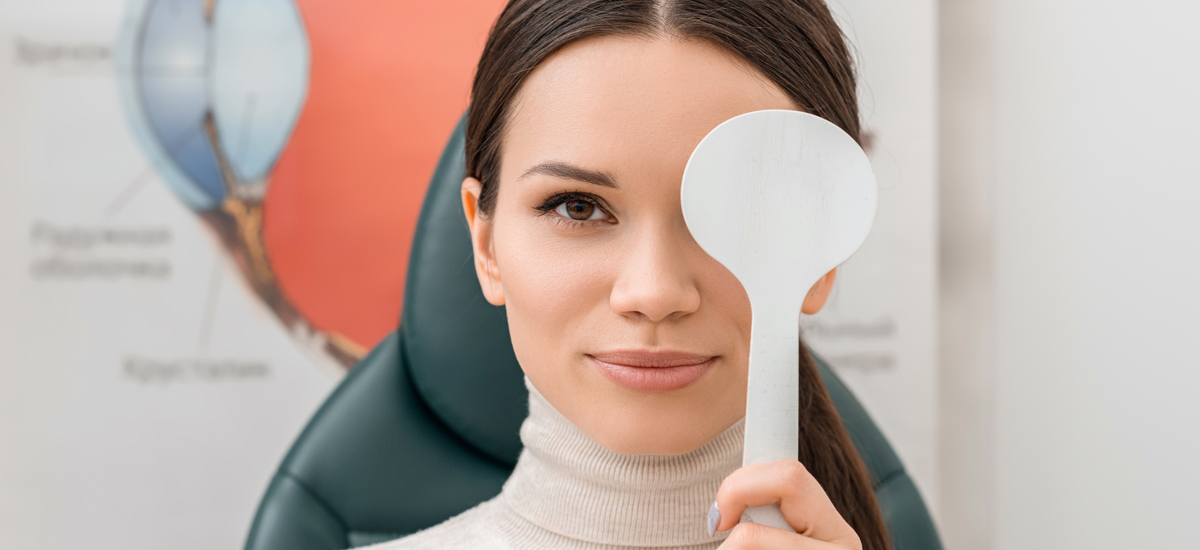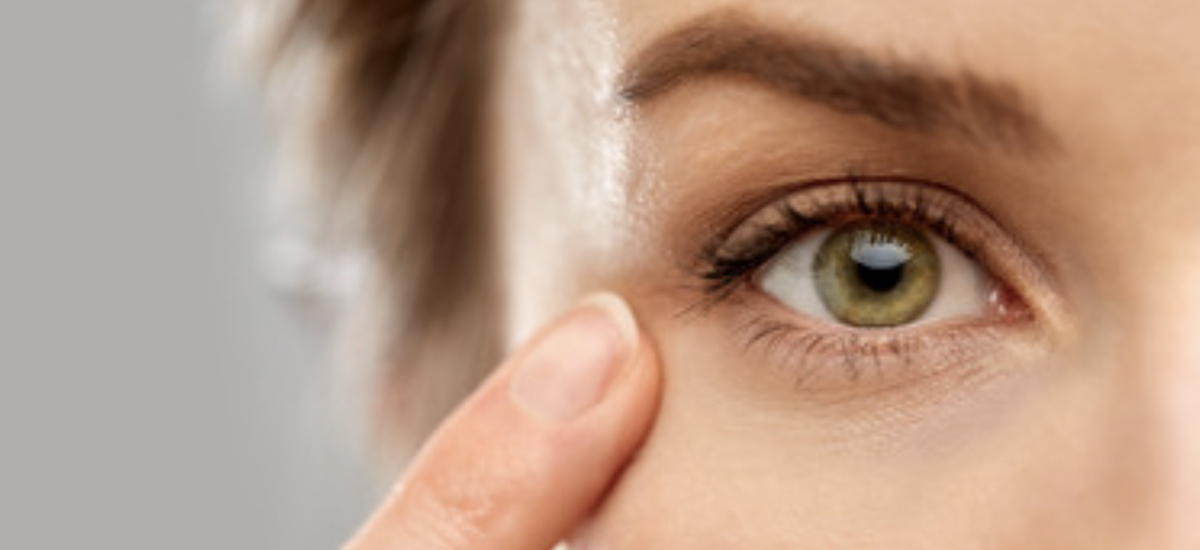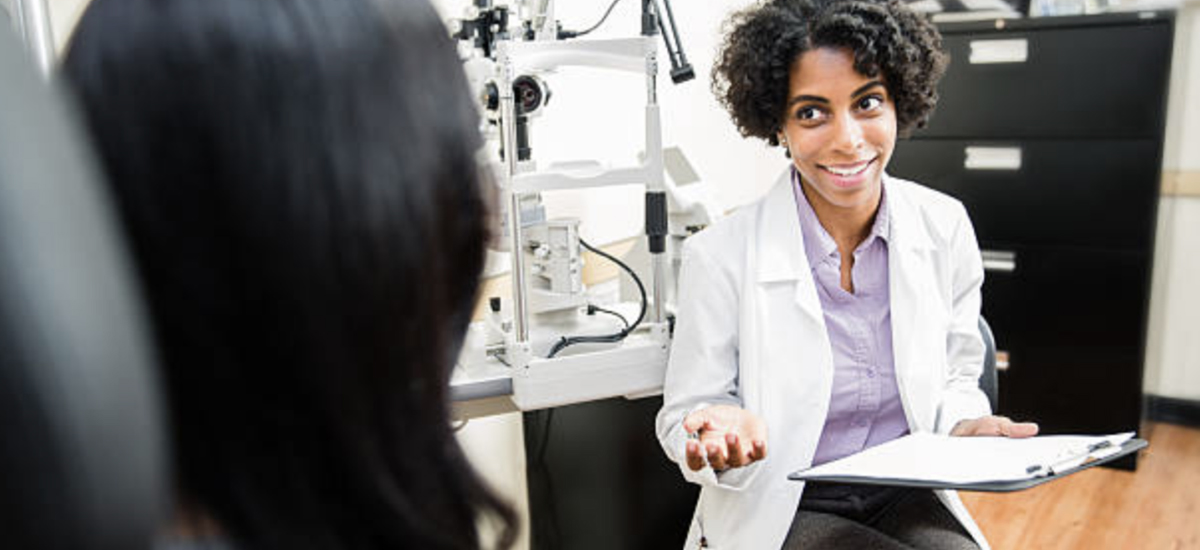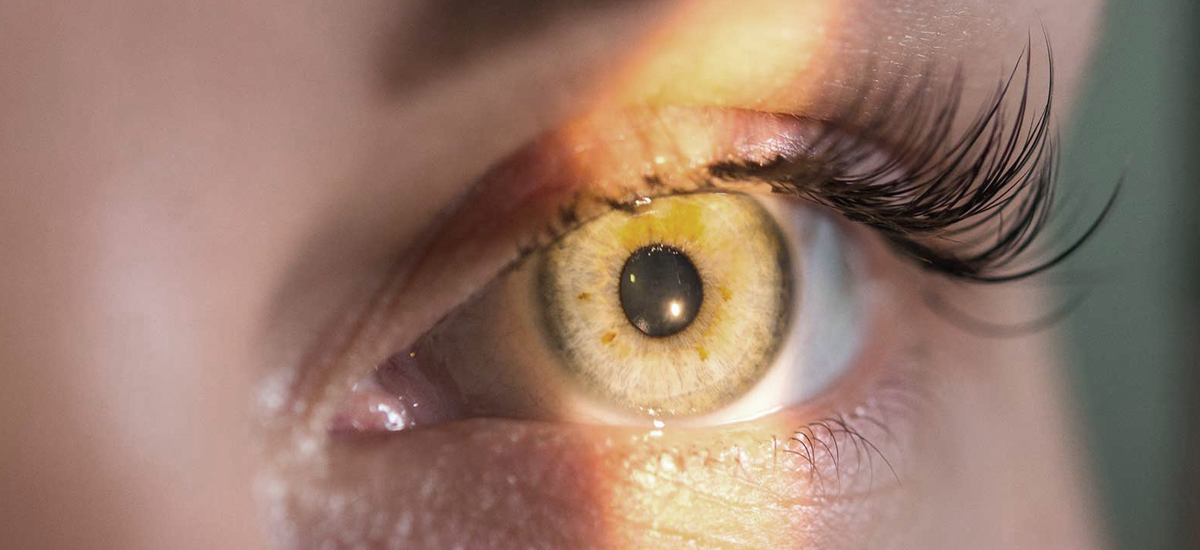Should I Get an Eye Exam If I Don’t Wear Glasses?

Eye health is just as important as any other aspect of your overall health and wellness. But for someone who doesn’t wear glasses, you might have trouble figuring out when to get your eyes checked. While you may not exhibit symptoms of needing glasses at this point, there is always the chance that you will develop the need for corrective eyewear.
Should I get an eye exam if I don’t wear glasses?
If you’re wondering, ‘Should I get an eye exam if I don’t wear glasses?’, the answer is yes. And we suggest coming in once per year (or more if you experience symptoms of vision loss).
As you age, your eyes go through various changes that can affect your vision. Depending on your age, these changes and their effects may become more prominent.
When you get older, you might find yourself having trouble reading things that are close to you. This is a common condition called presbyopia, in which your eye lenses become less pliable, making it a challenge for your eyes to switch their focus from objects at various distances.
Another common cause of vision change is increased, continuous use of electronic devices. This is common in college students and working adults because of the frequency they might spend at a computer or using a cell phone.
Throughout a day of prolonged use of electronics, the eyes may become fatigued and strained when focusing. This continuous strain and exposure to blue light causes stress on the eyes and may lead to problems, such as age-related macular degeneration, down the line. By having an annual eye exam, you can help mitigate these problems and set your eyes up for success.
How can a regular eye exam benefit my eyes?
Not only can your vision change over time, but the overall health of your eyes can change as well. Regularly scheduled eye exams with an optometrist are beneficial even if you don’t wear glasses.
If you have a family history of eye conditions, work in an environment that requires a lot of eye-focusing, or have a health issue, such as diabetes or high blood pressure, you may be at risk for eye conditions that an eye exam can help find. Therefore, we always recommend that you should get an annual eye exam even if you don’t wear glasses.
Summary: How often should I get my eyes checked if I don’t wear glasses?
Adults who do not wear glasses should get eye exams once per year or as recommended by an optometrist. It is crucial to keep up with these appointments, as the eyes are an important part of the body. They enable us to partake in everyday tasks, and they make daily life much easier.
With proper eye care, you can keep your eyes healthy and in good shape as long as possible. So, if you’re still wondering, ‘Should I get an eye exam if I don’t wear glasses?’, the answer is yes. And don’t wait.
Book your eye exam at For Eyes
Have you had your annual comprehensive eye exam? Schedule an appointment with an Independent Doctor of Optometry at your local For Eyes.











